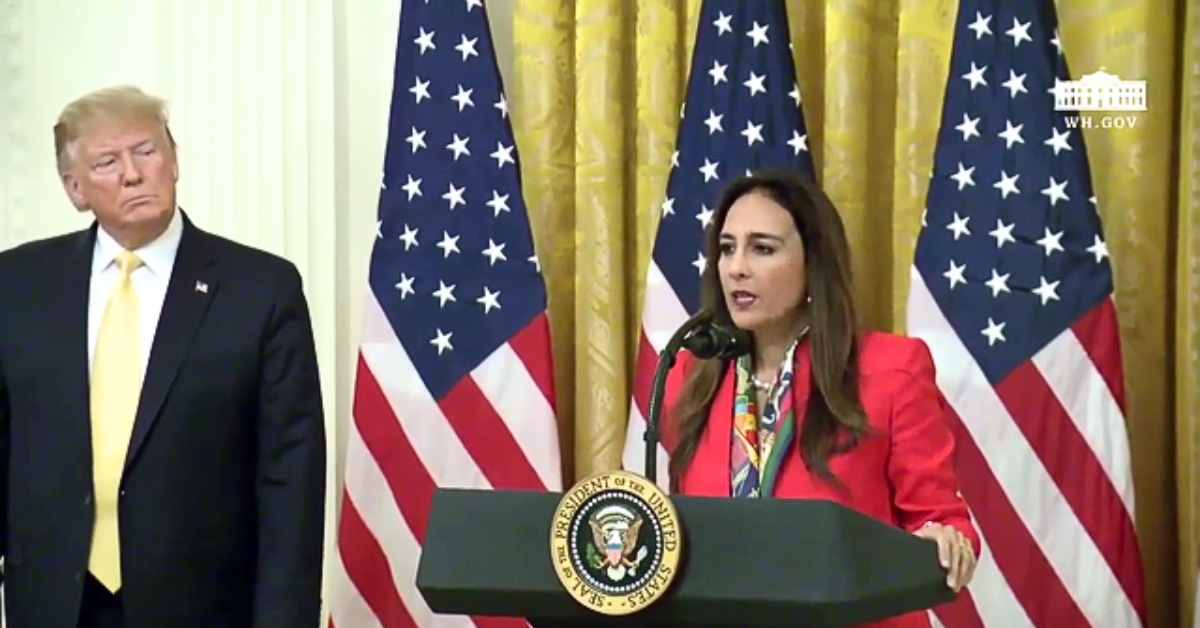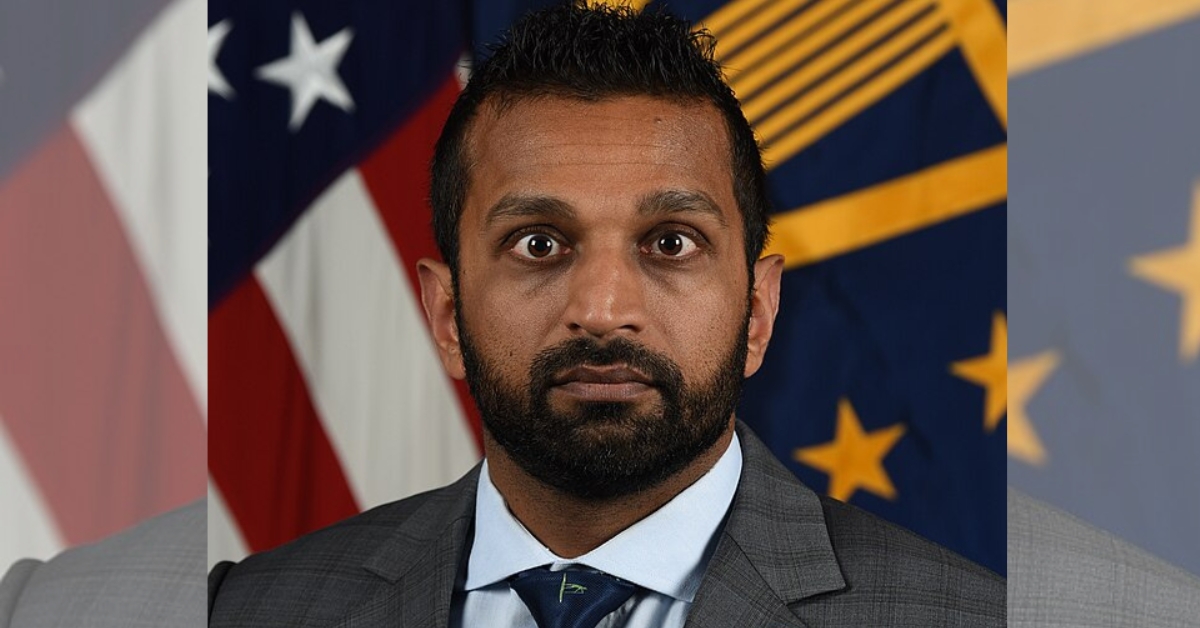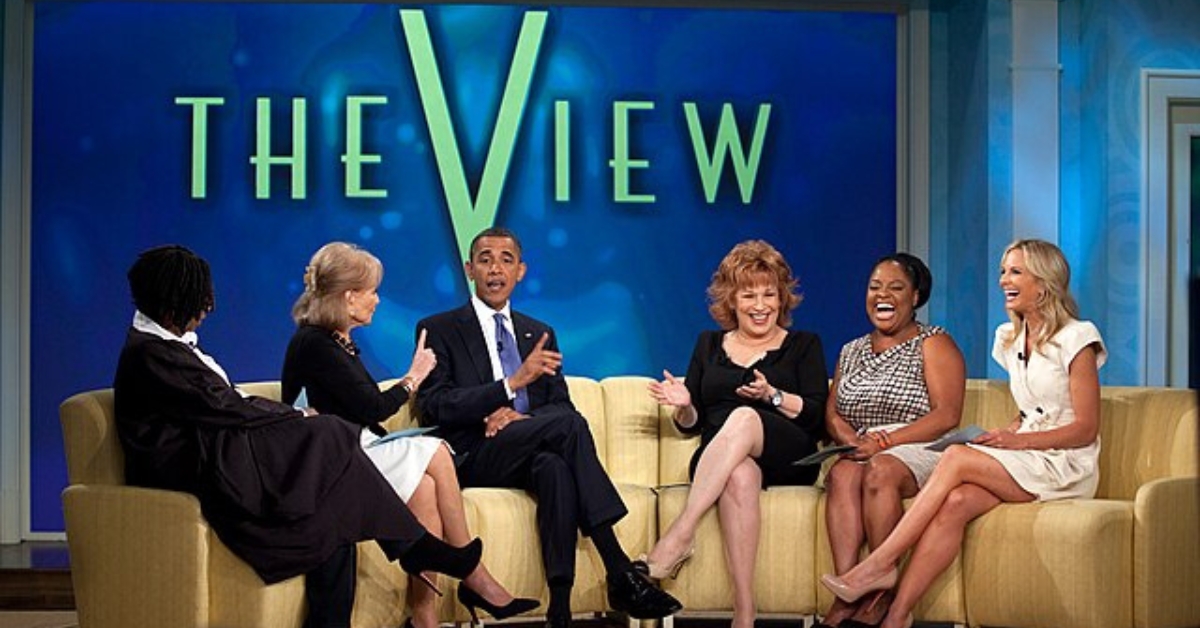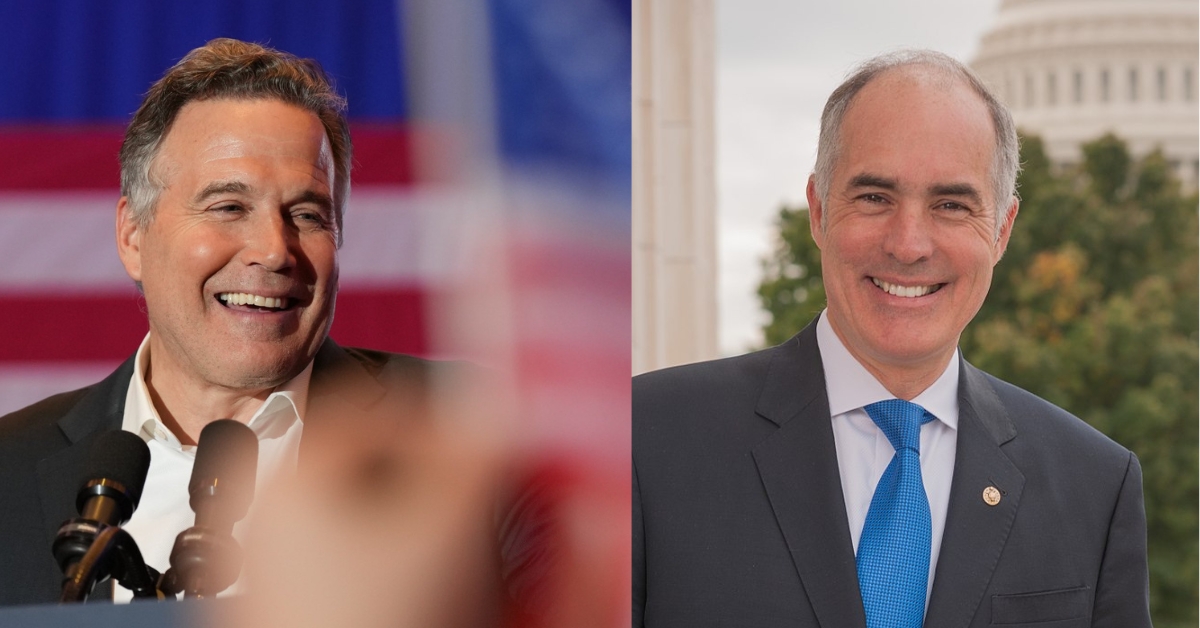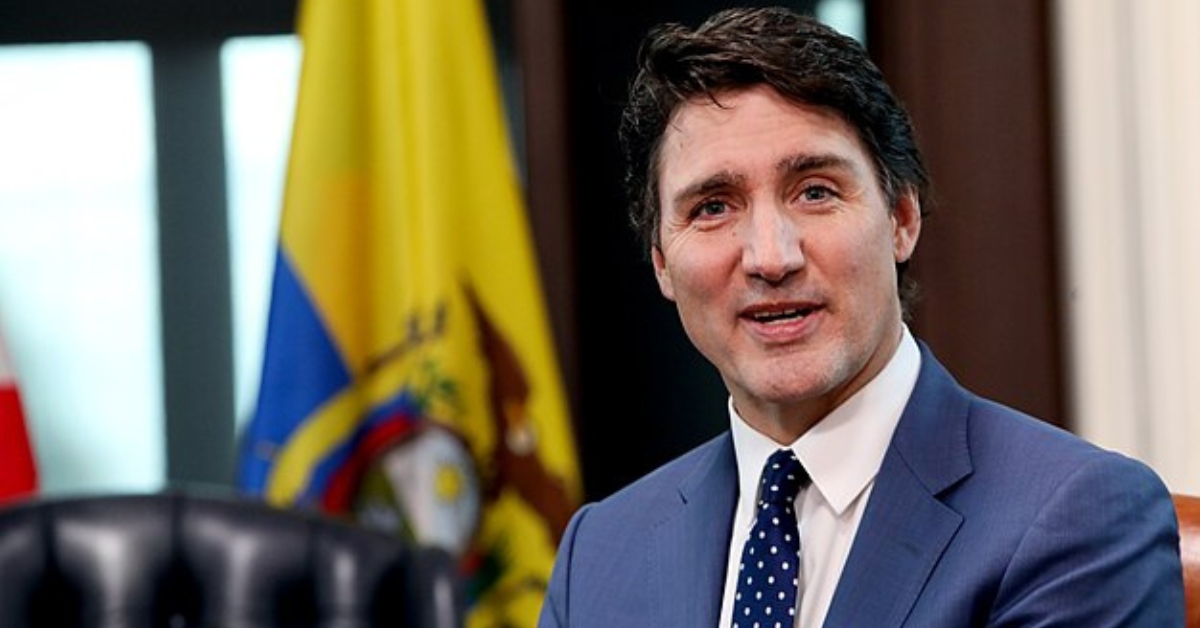
Defeated Kamala Harris Plots Political Comeback
Vice President Kamala Harris, reeling from a decisive defeat at the hands of President-elect Donald Trump, is now scrambling to keep her political career afloat. After a notably low-profile post-election period, reports have emerged via Politico that Harris is whispering to her inner circle about potentially reviving her political fortunes either in a 2028 presidential bid or a gubernatorial run in California by 2026.
Harris’s current political posture—hovering in the background, yet vowing to “stay in the fight”—is somewhat theatrical. It’s akin to a washed-up actor plotting a comeback while the audience has already started to leave. Advisers suggest she’s buying time, crafting a nebulous plan involving speech circuits and maintaining political ties, a classic political maneuver to keep options open without committing to any real action.
The irony here is palpable: Kamala Harris was among the least popular vice presidents in modern history, with her approval ratings plunging to a dismal 32 percent even before she assumed Biden‘s mantle. Yet, she replaced Biden on the Democratic ticket in a move that reeked of desperation rather than strategy. Post-election, as Trump prepares to retake the White House, Harris is plotting from the sidelines, planning to somehow “push back” against Trump’s policies and presence.
This narrative of a potential comeback is not just a reflection of Harris’s personal political aspirations but also underscores the broader dysfunction within the Democrat Party. After their electoral trouncing, the party seems to be in disarray, with infighting and a lack of clear leadership. Harris’s contemplation of her next steps—while America gears up for a Trump presidency—highlights a significant disconnect between the electorate’s rejection of her and the party’s direction.
Harris’s discussion of future runs might excite some of her loyalists, but to many, it sounds like a broken record. The Democrat Party, if it continues down this path, risks further alienating itself from American voters who have clearly expressed their fatigue with the status quo. The party’s reliance on figures like Harris, who have failed to resonate with the broader public, might just be their undoing.
As for Harris herself, the suggestion that there’s a pent-up demand for her political resurgence is more a fantasy of her advisers than a reflection of any real public sentiment. If the Democrats are serious about reclaiming relevance, they need to look beyond the likes of Harris, who represent the very policies and politics that voters rebuked in the latest election. The real question isn’t whether Harris can make a comeback, but whether the Democratic Party can find its bearings after years of missteps and miscalculations.
